
The Free Press

If ever there was a jury that was easy to get out of, it was the jury for Donald Trump’s hush money trial in Manhattan. The former president arouses such strong feelings that during jury selection last week, Judge Juan Merchan knew it was a fool’s errand to try to vet each potential juror individually, as is normally done. Instead, he asked large groups of jurors to raise their hands if they felt they could not be fair and impartial in deciding whether Trump’s hush money payment to the porn star Stormy Daniels was meant to keep their tryst from damaging his 2016 election prospects.
Those who raised their hands were excused. No muss, no fuss.
Some legal pundits said that, given Manhattan’s extreme anti-Trump bias—the borough gave Joe Biden 85 percent of its vote in 2020—it might take up to two weeks to put a jury together. Instead, it took three days, making it possible to begin opening arguments today. The pundits miscalculated how passionately Americans—even Americans residing in world-weary Manhattan—care about doing their civic duty.
I attended the trial on Thursday, the second day of jury selection. Watching the process was kind of heartwarming, if democracy and the rule of law are the sort of things that warm your heart.
At around 10:15, 96 potential jurors were escorted into the courtroom. Sitting in the overflow room with dozens of other reporters, I couldn’t see any of them. But a camera aimed at Judge Merchan showed him asking his question about fairness, after which I heard the rustle of people walking out. It was later reported that more than half the potential jurors had raised their hands. Which meant, implicitly, that the 40-plus Manhattanites who remained in the courtroom believed that they could be impartial in judging whether the former president had committed a crime. I admit I was skeptical at first. But I was wrong.
During the course of the day some 20 potential jurors were examined by the judge and the lawyers for both sides. They included attorneys, educators, and businesspeople—New York sophisticates, in other words. Many of them said they read The New York Times or The Wall Street Journal. Among the questions they had to answer was one about their hobbies—many of them said they loved listening to music, playing tennis, and hiking. (Hiking in New York City?) None of them listened to talk radio.
What I noticed most of all was their deep sincerity. It is hard to convey that tone in print; their answers were full of thoughtful pauses and hesitant responses, as if they were trying to be absolutely sure of what they were saying. I got the sense that they were examining their conscience about whether they truly could put aside any feeling they might have about Trump if they were seated on the jury. The importance of the case weighed on them.
Some said they had differences with Trump’s politics, while others said he sometimes did things they didn’t like. “I have opinions,” said one, “but I’m very comfortable that I can put those aside for this case.” That was what most people said: they would follow the judge’s instructions and make decisions based solely on the evidence presented in court.
Several jurors concluded, after some soul-searching, that they shouldn’t be on the jury after all. One woman, a law clerk, who acknowledged that she had talked about Trump’s legal woes with her work colleagues, first said her knowledge of the case wouldn’t affect her ability to be fair. “No one is above the law,” she said. But later in the day, she changed her mind and asked to be excused. “It’s hard to unring a bell,” she said.
There was a second issue that all of these prospective jurors had to be aware of. As much as the judge hoped to keep their identities secret—even admonishing the press to refrain from printing identifying details—there was a chance their names would be revealed during the trial. It was a scary thought.
A nurse who had been selected on Monday returned Tuesday morning after Fox News host Jesse Watters listed enough details about her to make her easily identifiable. She was afraid of both the potential media onslaught and the possibility of death threats. The judge excused her. It took some real courage to be on the Trump jury.
Watters is telling his viewers that it’s all a big plot—that no matter what these jurors say, they have every intention of finding Trump guilty. But that’s a cynical misreading.
In most criminal cases, jurors who have no idea who the defendant is. That’s not possible with Trump. As one juror (an educator who lives in the Upper East Side) said: “He was our president. Everyone knows who he is.” Said another (a product manager from Upper Manhattan): “I don’t like his persona, how he presents himself in public.” But she added: “I don’t like some of my co-workers, but I don’t try to sabotage their work.”
When they said they could be fair and impartial, I believed them. So did Judge Merchan. So did most of the reporters in the overflow room.
It’s too bad Watters didn’t watch the jury selection. He would have seen what I saw: Americans at their very best.
Joe Nocera is a columnist for The Free Press. Follow him on Twitter (now X) @opinion_joe, and read his piece, “The Humiliating Cross-Examination of SBF.”
Become a Free Press subscriber today:


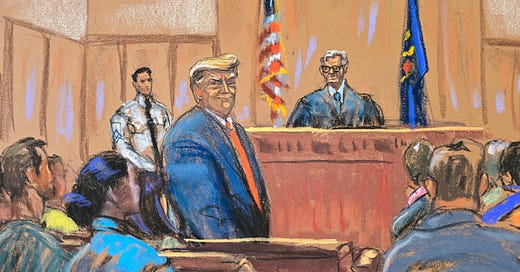



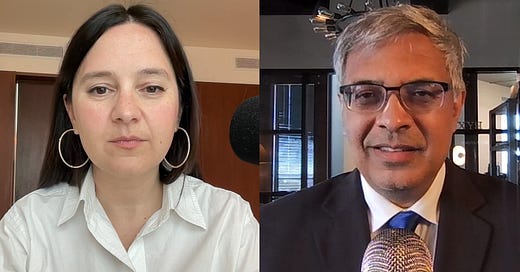



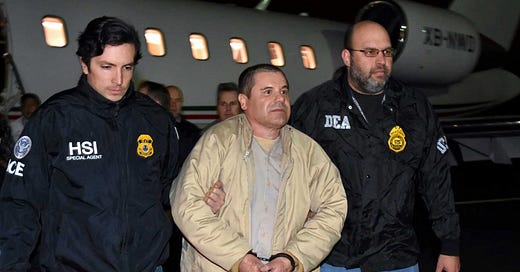

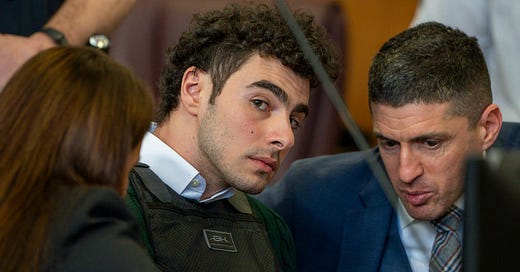

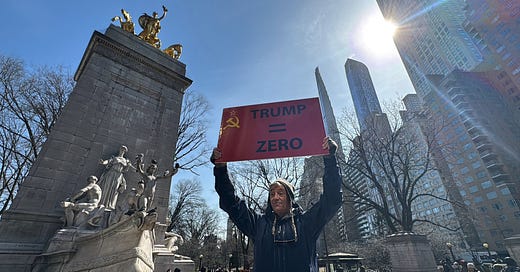
I have to say this is a ridiculous case, that never should have been brought. That said, I do trust the Americans on the jury to make the right decision (not guilty, in my opinion.) I have been on lots of juries and everyone ALWAYS treated their responsibilities with the utmost seriousness and respect. It is an amazing right we have, that the government can't put you away without a jury of your peers agreeing. At heart most people are good and will do the right thing. Here's hoping that continues in this case...
Hilarious that they link this propaganda piece in the email this morning. That, along with an Axios article about Trump not being called to the stand. Even TFP has a terminal case of the TDS. Zero real press on the Trump case from this outfit is very telling.